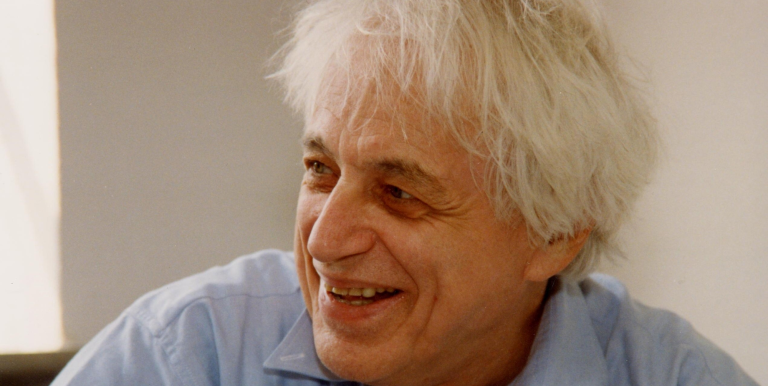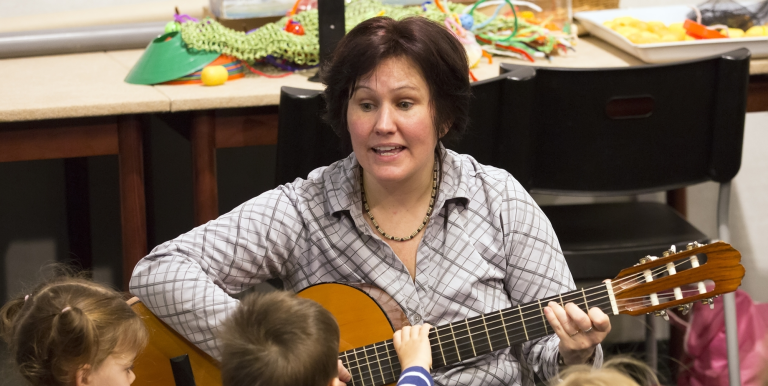one interval
Featuring:
Ligeti
Études (Book 1) - No. 2: Cordes à vide (Empty Strings)
Ligeti
Études (Book 2) - No. 10: Der Zauberlehring (The Sorceror's Apprentice)
African traditional music - Ugandan amadinda music
Steve Reich
Music for Pieces of Wood
Ligeti
Poème symphonique - for 100 metronomes
Ligeti
Études (Book 1) - No. 4: Fanfares
Ligeti
Études (Book 1) - No. 6: Automne à Varsovie (Autumn in Warsaw)
African traditional music - Ghanaian agbadzha
What's the connection between the ticking of a hundred metronomes, the percussion music of African tribes and unplayable, difficult piano études? One of the most important composers of the 20th century, György Ligeti, was born 100 years ago. On account of his elementary curiosity and thirst for knowledge, almost everything had an impact on his musical thinking: the workings of complex structures, physical discoveries, linguistic phenomena and even African percussion music. All of these will be touched upon at the concert.
György Ligeti was born in Diciosânmartin, Romania, once part of Hungary, studied in Cluj-Napoca, attended the Liszt Academy in Budapest, and after the 1956 revolution emigrated to Vienna and lived in Germany and Austria, but also worked in Sweden and America. He was a true citizen of the world. Never having been to Africa, he learned about the music of sub-Saharan peoples (many of whom use percussion instruments exclusively) from recordings and the writings of folk music researchers, and was fascinated by what he heard. Rightly so. At the concert, moderated by Szilveszter Szélpál and with expert assistance from musicologist Gergely Fazekas, we reflect on what it was that enchanted Ligeti in the intricate pulsations and overwhelming energies of this music. We also take a detour to American composer Steve Reich, who was no less fond of African music, and find out what was on Ligeti's mind when he composed music for 100 mechanical metronomes. The concert features one of the most important Ligeti performers of our time, pianist Zoltán Fejérvári, the young percussion ensemble Trio Dakoda, complemented by the percussionists Benjámin Mohácsi and András Simon, as well as six students of the Béla Bartók Conservatory (taught by Aurél Holló), and one hundred metronomes.
Age: 9-16 year
Presented by: Müpa Budapest
-
We wish to inform you that in the event that Müpa Budapest's underground garage and outdoor car park are operating at full capacity, it is advisable to plan for increased waiting times when you arrive. In order to avoid this, we recommend that you depart for our events in time, so that you you can find the ideal parking spot quickly and smoothly and arrive for our performance in comfort. The Müpa Budapest underground garage gates will be operated by an automatic number plate recognition system. Parking is free of charge for visitors with tickets to any of our paid performances on that given day. The detailed parking policy of Müpa Budapest is available here.










